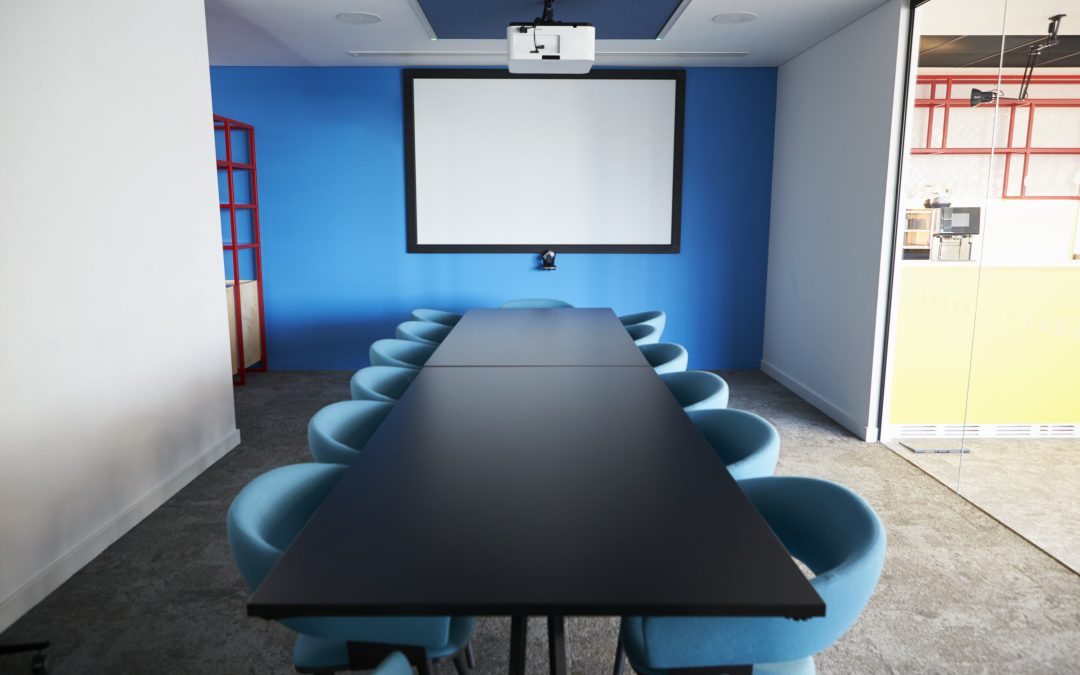Change is constant in the workplace, yet one concept stands out: flexible workspaces. Modern offices are experiencing remarkable transformation as traditional office setups give way to innovative, dynamic, and highly adaptable models – flexible workspaces being one such innovative model. Not by accident but deliberately.
Traditional office spaces characterized by long-term leases, fixed workstations, and rigid schedules are experiencing a profound transformation. Instead, flexible workspaces have emerged as an invigorating force to reshape our way of work, from flexible office space and adaptable workstations to short-term office solutions. This blog will discuss five reasons why flexible workspaces have not just become trendy – they represent fundamental shifts in how and where we work.
Flexible workspaces are the canvas upon which creativity, productivity, and adaptability converge, allowing individuals to paint their professional journey with freedom and innovation.
What is flexible office space?
Flexible office spaces represent a modern and adaptable approach to traditional workplaces. While traditional offices offer long-term leases with fixed layouts and long-term lease agreements, flexible office spaces offer agility and versatility in their approach. These shared work environments cater to businesses, entrepreneurs, and remote workers.
Flexible office space has become popular as businesses adapt to today’s ever-evolving business climate, efficiently meeting their evolving needs. Flexible office space fosters collaboration, cuts costs, and allows access to prime locations – perfect for startups seeking a professional image or expanding into new markets or remote workers looking for productive workspace. Flexible office space offers a cost-effective and time-saving solution for many professionals.
Top Reasons That Make Flexible Workspace Popular In Modern Culture
Adaptability to Evolved Needs
Modern business environments are marked by unprecedented dynamism; companies regularly move through expansion and contraction phases as they launch projects or pivot strategically. Flexible workspaces are an invaluable asset in such an ever-evolving environment, offering adaptability that meets the ever-evolving pace of the modern business world. Traditional office leases lock businesses into long-term commitments while offering no agility that meets today’s dynamic business world – be it extra workspace for short-term projects or satellite offices for new markets. With flexible workspaces, scaling up or down is seamless so businesses can better align their physical footprint with current needs.
Proving Cost-Efficiency Beyond Comparison
Cost efficiency is of utmost importance for businesses of all sizes. Traditional office leases may impose substantial upfront costs such as security deposits, furniture purchases, and utility setup. Flex office space takes an economical approach by offering fully equipped offices at minimal initial investment cost with pay-as-you-go structures guaranteeing only paying for what services and space is used. This approach significantly decreases overhead expenses and allows companies to allocate resources strategically.
Increased Collaboration and Networking Opportunities
Collaboration and networking are critical components of innovation and growth, yet traditional office environments, with their secluded design and limited interaction, often limit these vital processes. Flexible workstations were explicitly created to facilitate these essential activities by featuring communal areas where professionals from diverse backgrounds come together. This encourages spontaneous interactions, idea exchanges, and cross-pollination of concepts.
Furthermore, many flexible workspaces organize events such as workshops or seminars designed to build vibrant communities where individuals and businesses alike can connect, learn from each other, and grow together – an indispensable feature that traditional office settings cannot provide.
Location and Accessibility Solutions Provided Without Compromise
Prime locations typically come at a premium in office leasing. However, flexible workspaces strategically situate themselves at the core of bustling business districts to offer businesses access to these desirable addresses without incurring excessive costs. Beyond allure alone, flexible workspaces prioritize accessibility, often being within walking distance from public transportation hubs or offering amenities that enhance convenience for both employees and clients.
Employee Satisfaction and Well-Being
Modern workers place increasing value on flexibility, work-life balance, and well-being in their workplace environments. Flexible workstations have been carefully tailored to cater to these priorities in order to promote employee happiness and well-being; with comfort, aesthetics, functionality, ergonomics workstations and natural light as top considerations; creating an inviting and productive atmosphere while at the same time creating job satisfaction among employees. Furthermore, flexible workplaces give workers more freedom in where and when they work while also catering specifically to individual needs and preferences – creating an inviting and inspiring workstation.
Flexible Workspaces Are Shifting Work Culture!
Flexible workspaces – including flex office space, workstations, and short-term office solutions – have undergone dramatic change within the world of work. Work environments designed for adaptability, cost-efficiency, enhanced collaboration, and prime locations provide exceptional employee well-being benefits. Businesses today are grappling with an ever-evolving workplace landscape, making flexible workspaces not merely an isolated trend but an integral component of shaping their future. Startup Offices in that scenario are your ideal partners that offers the chance to thrive in a more agile, cost-efficient, employee-oriented work environment by offering the best flexible workstations. So, if you want to stay at the top of your game regarding work, flexible workstations offer limitless opportunities.






